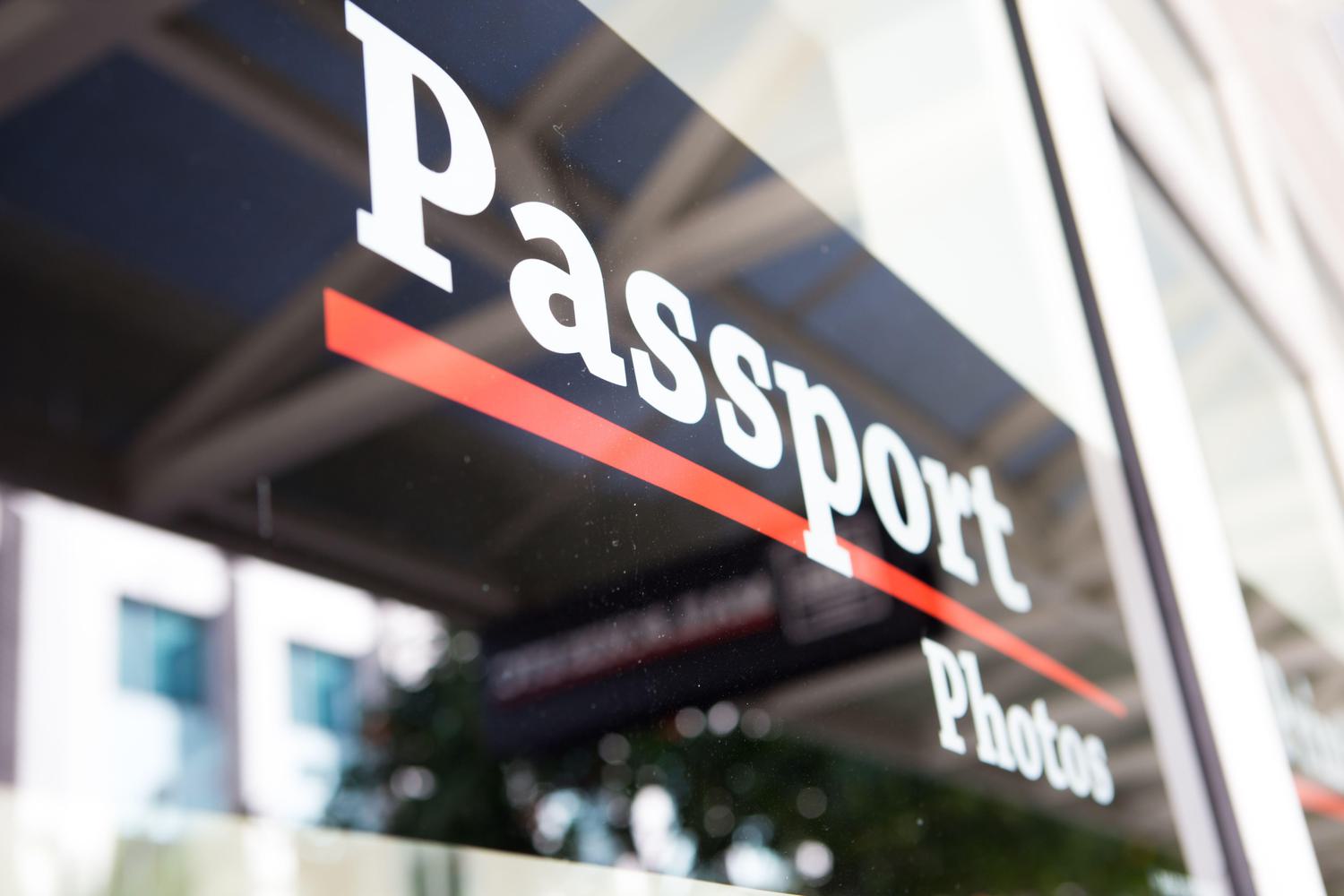For foreign nationals not wishing to work in the Cayman Islands but simply wishing to have the right to reside, there are alternative options. In particular, one can apply to the Director of WORC for a Residency Certificate which is valid for 25 years and is renewable.
To reside in Grand Cayman, the person must show proof of an annual income of at least CI$120,000 (without engaging in employment in the Cayman Islands) along with an investment of CI$1,000,000 (of which CI$500,000 must be in developed real estate). The “remaining” CI$500,000 must be invested in a company or property–and simply holding assets with a broker or monies in a local bank account (whilst encouraged) do not count for these purposes. Investing in a local business, or even one which has shares publicly traded such as Caribbean Utilities can count. Most often, applicants will simply buy a substantial home (or a number of apartments) and immediately meet the requirement.
A deposit maintained in a local bank or institution of no less than CI$400,000 deems an applicant to have sufficient funds (and income) to maintain themselves and their dependants. Alternatively they will generally be expected to prove an annual income of no less than CI$120,000, without needing to work.
To become resident in Little Cayman or Cayman Brac, proof of an annual income of CI$75,000 without the need to be employed in the Cayman Islands is required, as well as an investment of CI$500,000 locally, of which at least CI$250,000 must be in developed residential real estate.
Whichever Island is to become your home, there is a one-time fee payable on grant of CI$20,000 and a further CI$1,000 payable for each approved dependant. The initial application fee is CI$500. The CI$1,000 dependant’s fee is then payable annually.
The process of applying for a Residency Certificate is relatively straightforward although at present require approximately six months to be processed. Legal fees for this option are unlikely to exceed US$5,000.

